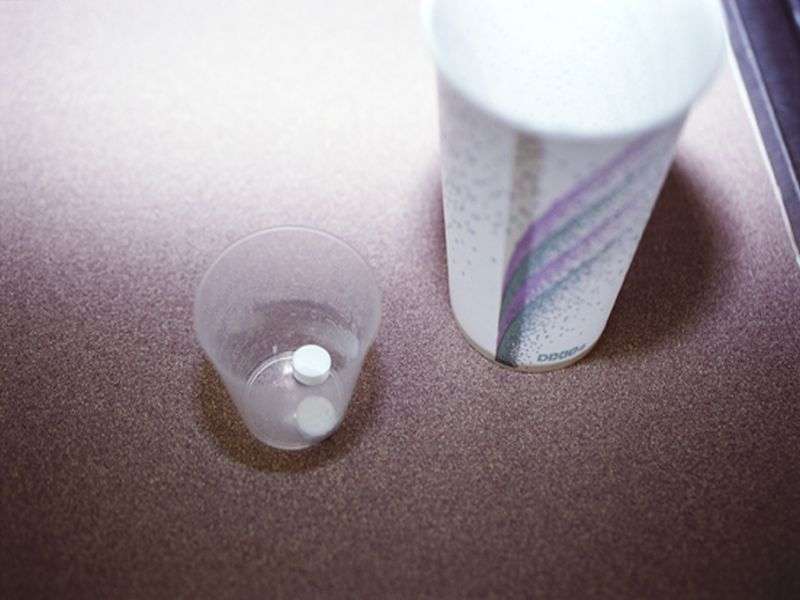(HealthDay)—For development of oncology drugs in Japan, the global trial (GT) strategy and early-initiation bridging (BG) strategy are associated with shorter submission lag (SL) than late-initiation BG strategy, according to a study published online June 19 in the Journal of Clinical Pharmacology.
Seiji Kogure, from Nihon University in Funabashi, Japan, and colleagues examined the potential factors that impact SL and compared the differences in SL among the early- and late-initiation BG strategies, and the GT strategy for oncology drugs.
The researchers note that development start lag and development style potentially shorten SL. SL was found to be significantly shorter in the GT strategy and the early-initiation BG strategy compared with the late-initiation BG strategy.
"The findings in our study suggest that the late-initiation BG strategy may not contribute to shortening drug lag," the authors write. "Because the number of late-initiation BG studies has not decreased, we propose first that pharmaceutical companies should initiate clinical development as early as possible in Japan so that they can choose the GT strategy as a first option at the next step, and second when they cannot choose the GT strategy after investigating differences in exposure between Japanese and non-Japanese in a phase 1 study, they should select the early BG strategy to avoid future drug lag."
Two authors are employees of Daiichi Sankyo Co.
More information:
Abstract
Full Text (subscription or payment may be required)
Copyright © 2017 HealthDay. All rights reserved.
























